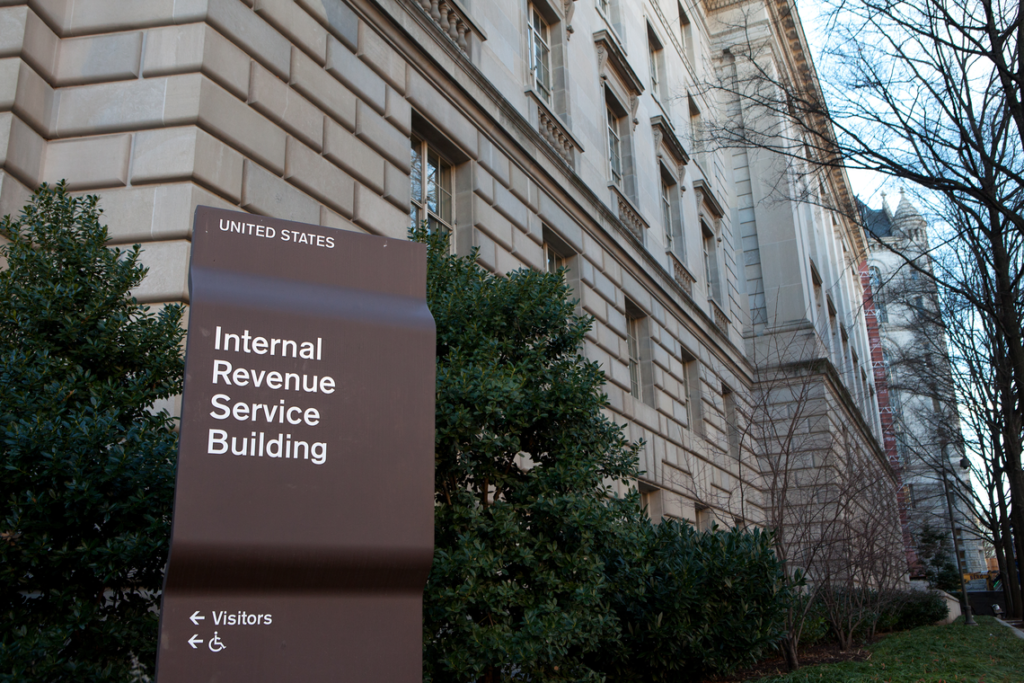Jason Leopold, a senior investigative reporter at Buzzfeed News, has described his experience of receiving a reply to his Freedom of Information Act (FOIA) request on Bitcoin (BTC) in a recent Twitter thread. He termed the five-year-long struggle on obtaining official information as ‘extremely painstaking’ and ‘cumbersome.’
The IRS finally responded to the FOIA request with a 969-page document but chose to withhold 182 pages under certain provisions. The experience highlights the open secret of how difficult it is to obtain data that should be readily obtainable through the FOIA.
https://twitter.com/JasonLeopold/status/1113252248409137152
A Demi-Decade Later
On April 2, 2019, Jason Leopold tweeted that he had finally received a reply from the IRS for a FOIA request made on Bitcoin five years ago. However, even with the delay, the information was sent in two parts. On April 01, 2019, he received an optical disk from the IRS, which included the requested documents on Bitcoin in an encrypted executable file. An enclosed letter said that the documents comprised of a compilation of records relating to the IRS’s Virtual Currency Guidance in its Internal Revenue Bulletin 2014-16 and any records relating to the Internal Revenue Notice 2014-21. Notably, the document could not be accessed or opened without a password which was missing from the letter. A second letter containing the password to access the documents arrived a day after the first post arrived. The IRS said that while the original document contained 1,151 pages, it had chosen to withhold 182 pages under the claim that the data is classified. Naturally, this is not the first instance wherein government agencies have declined to answer or obfuscated details when replying to FOIA requests related to Bitcoin and digital currencies. Guidelines laid by the US Department of Justice stated that federal agencies are required to respond to a FOIA request within 20 business days. This policy was likely violated here as it took the IRS five full years to process this request. A provision in the same law allows agencies to delay the reply under unusual circumstances which the IRS could have used to repeatedly delay sending out a response to Leopold’s request.
Take Me to Your Leader
Notably, a FOIA request dated April 29, 2018, which sought details on the identity of Satoshi Nakamoto was termed as ‘classified’ and declined. On May 30, 2019, the NSA said that it could neither confirm nor deny that it knew the identity of the original Bitcoin founder. The U.S. Commodity Futures Trading Commission (CFTC) also declined a FOIA request in June 2018 seeking details about Bitfinex and Tether subpoenas. Several other requests related to the cryptocurrency ecosystem have been declined, citing the same exemption acts. As a result of this, many in the cryptocurrency community believe that it is not possible to obtain a transparent statement from official government agencies. Do you think federal agencies are intentionally being opaque and hiding details of the crypto industry from the public? Let us know your thoughts in the comments below.
Top crypto platforms in the US
Disclaimer
In adherence to the Trust Project guidelines, BeInCrypto is committed to unbiased, transparent reporting. This news article aims to provide accurate, timely information. However, readers are advised to verify facts independently and consult with a professional before making any decisions based on this content. Please note that our Terms and Conditions, Privacy Policy, and Disclaimers have been updated.

Rahul Nambiampurath
Rahul Nambiampurath's cryptocurrency journey first began in 2014 when he stumbled upon Satoshi's Bitcoin whitepaper. With a bachelor's degree in Commerce and an MBA in Finance from Sikkim Manipal University, he was among the few that first recognized the sheer untapped potential of decentralized technologies. Since then, he has helped DeFi platforms like Balancer and Sidus Heroes — a web3 metaverse — as well as CEXs like Bitso (Mexico's biggest) and Overbit to reach new heights with his...
Rahul Nambiampurath's cryptocurrency journey first began in 2014 when he stumbled upon Satoshi's Bitcoin whitepaper. With a bachelor's degree in Commerce and an MBA in Finance from Sikkim Manipal University, he was among the few that first recognized the sheer untapped potential of decentralized technologies. Since then, he has helped DeFi platforms like Balancer and Sidus Heroes — a web3 metaverse — as well as CEXs like Bitso (Mexico's biggest) and Overbit to reach new heights with his...
READ FULL BIO
Sponsored
Sponsored

